There are at least 1.5 million Americans diagnosed with Systemic Lupus Erythematosus (SLE) or Lupus, but it is suspected many more are living with its symptoms without knowing they have this chronic, inflammatory —and sometimes fatal disease.
Lupus is known as an autoimmune disorder because as the body begins to wage a battle with itself, it is destroying healthy tissue. There are four different forms of Lupus that show significantly different symptoms — in addition to SLE, they are cutaneous, drug-induced and neonatal.
For many, Lupus will strike once, then remain in remission for months, even years, until it reemerges. WIth a continued investment in research, new medications have made medical remission of Lupus possible. We still have research work to do to find new, better treatments and a cure.

The most common form of Lupus, Systemic Lupus Erythematosus (SLE), can be as mild as an increase in blood pressure in the lungs, or as severe as inflammation of the kidneys, nervous system, or the brain’s blood vessels.
As a result, people with Lupus experience a variety of symptoms including:
In extreme cases, the kidneys can become so damaged that dialysis or kidney transplants are needed.
It is not clear what causes lupus but research suggests there are triggers that lead to a compromised immune system — these triggers can act alone or be combined. The three general triggers are genetics, hormones and an environment the person is exposed to or living in.
There is research that indicates medications such as hydralazine and procainamide can cause lupus. However, it has been documented once these medications are stopped, so do the symptoms.
Charitable estate planning is financially beneficial for families and individuals of various ages and income levels, and ensures a legacy of commitment to making a difference through funding research, while supporting ANRF’s mission.

5319 University Dr #10022
Irvine, CA 92612
800.588.2873
Tax ID #: 95-6043953
| Cookie | Duration | Description |
|---|---|---|
| cookielawinfo-checkbox-analytics | 11 months | This cookie is set by GDPR Cookie Consent plugin. The cookie is used to store the user consent for the cookies in the category "Analytics". |
| cookielawinfo-checkbox-functional | 11 months | The cookie is set by GDPR cookie consent to record the user consent for the cookies in the category "Functional". |
| cookielawinfo-checkbox-necessary | 11 months | This cookie is set by GDPR Cookie Consent plugin. The cookies is used to store the user consent for the cookies in the category "Necessary". |
| cookielawinfo-checkbox-others | 11 months | This cookie is set by GDPR Cookie Consent plugin. The cookie is used to store the user consent for the cookies in the category "Other. |
| cookielawinfo-checkbox-performance | 11 months | This cookie is set by GDPR Cookie Consent plugin. The cookie is used to store the user consent for the cookies in the category "Performance". |
| viewed_cookie_policy | 11 months | The cookie is set by the GDPR Cookie Consent plugin and is used to store whether or not user has consented to the use of cookies. It does not store any personal data. |